Directory
- Share
Tristan Dot
- Scholar
- France
- 2022 PhD English
- St John's College
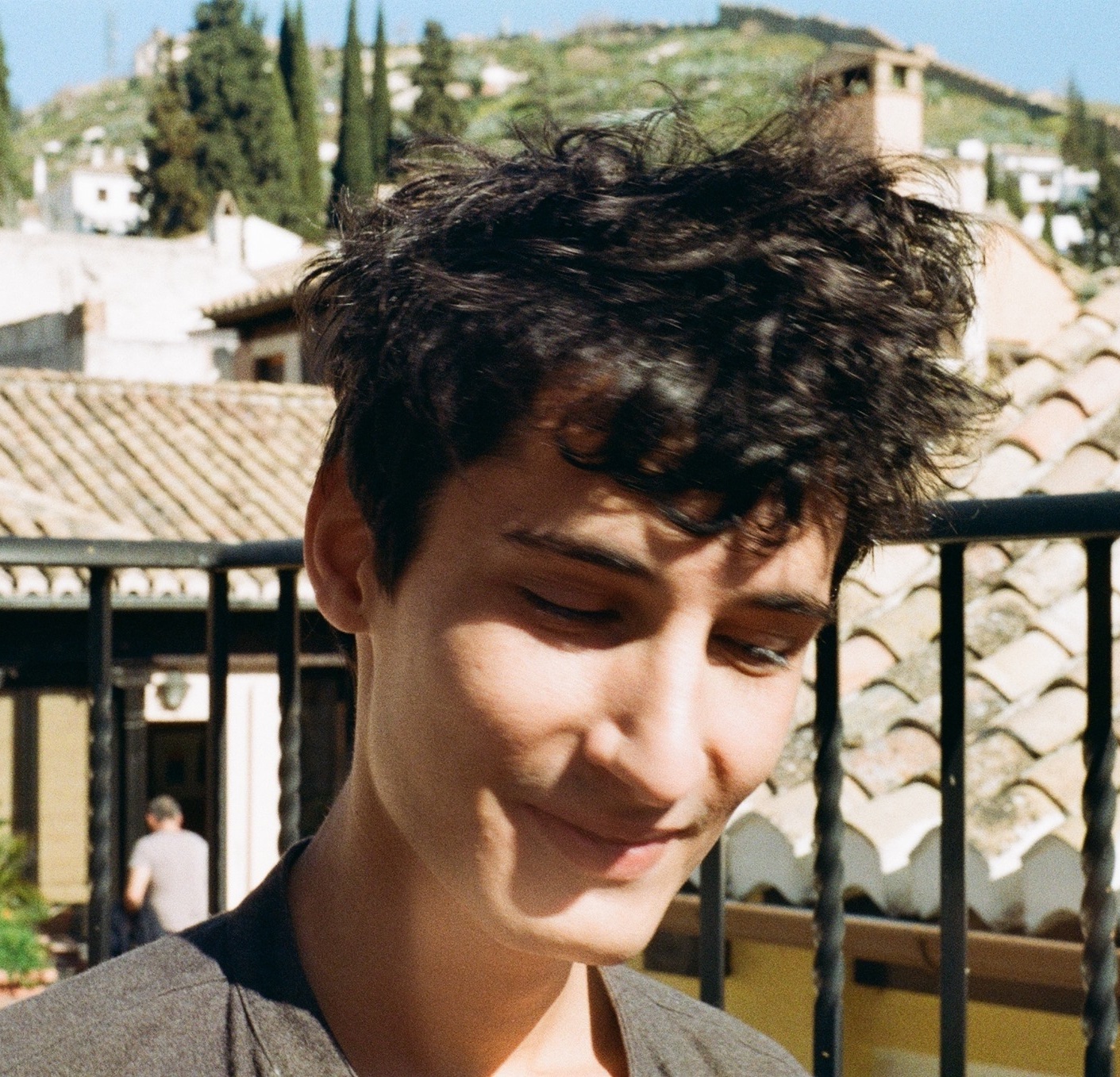
Tristan Dot
- Scholar
- France
- 2022 PhD English
- St John's College
Coming from a double background in Mathematics applied to Computer Vision and in Art History, I have always thought that these two disciplines -as they both essentially study images- could thrive from one another. During my PhD at Cambridge, I will study what can be called 'computational formalism': the automatic analysis of images, treated as digital data, through computational methods. Millions of images circulate every day through global networks, and are constantly analysed by Artificial Intelligence (AI) models. More and more, the same AI models are used in Art History and Visual Studies to develop inventive digital methods, helping to study large-scale datasets outside the canon. To question these uses of AI, I will try to determine the place of computational formalism in the historiography of formalism. This methodological work of recontextualisation will lay the ground for a critically-informed use of computational methods in Art History, and will allow us to better understand AI-encoded digital images. In particular, I am convinced that Art History will help us determine the issues of power, domination and invisibilisation at stake behind the circulation of digital images nowadays - this is one of my research goals.
Previous Education
Univ. Paris1 Panthéon-Sorbonne History of Contemporary Art 2022
Univ. Paris1 Panthéon-Sorbonne Art History and Archeology 2021
Ecole Normale Supérieure de Cachan Math, Vision, Machine Learning 2020
Karly Drabot
- Alumni
- Canada
- 2016 PhD Psychology
- Downing College
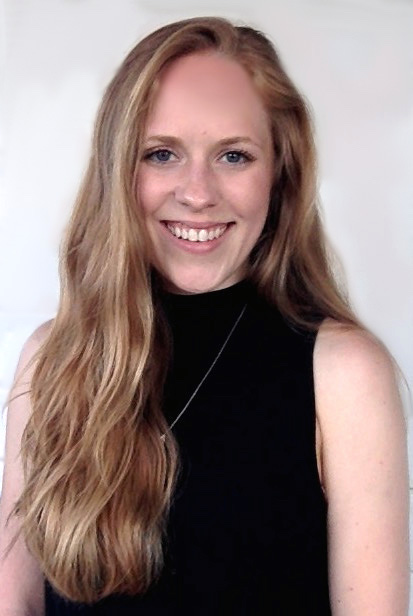
Karly Drabot
- Alumni
- Canada
- 2016 PhD Psychology
- Downing College
Finding creative, effective ways to reduce inequity and improve wellbeing makes me tick. I was fortunate to explore this passion through the lens of research as an undergraduate psychology student, research assistant, and research coordinator at the University of British Columbia. From investigating the effects of gender stereotyping and stereotype threat on perceived leadership aptitude, to designing a knowledge translation study to improve the health of men who have sex with men, to conducting community-based research to identify innovative methods of end-of-life care, I developed a fascination for the profound impact research could have on individuals, communities, and systems. During my MPhil in Social and Developmental Psychology at Cambridge, I examined the differential relationships between domains of gender typicality and psychosocial wellbeing. The aim of my PhD project is to design, deliver, and evaluate psychological interventions to improve gender diversity, equity, and inclusion.
Previous Education
University of Cambridge
University of British Columbia
Michael Drakopoulos
- Alumni
- United States
- 2017 MPhil Medical Science at the CIMR
- Churchill College
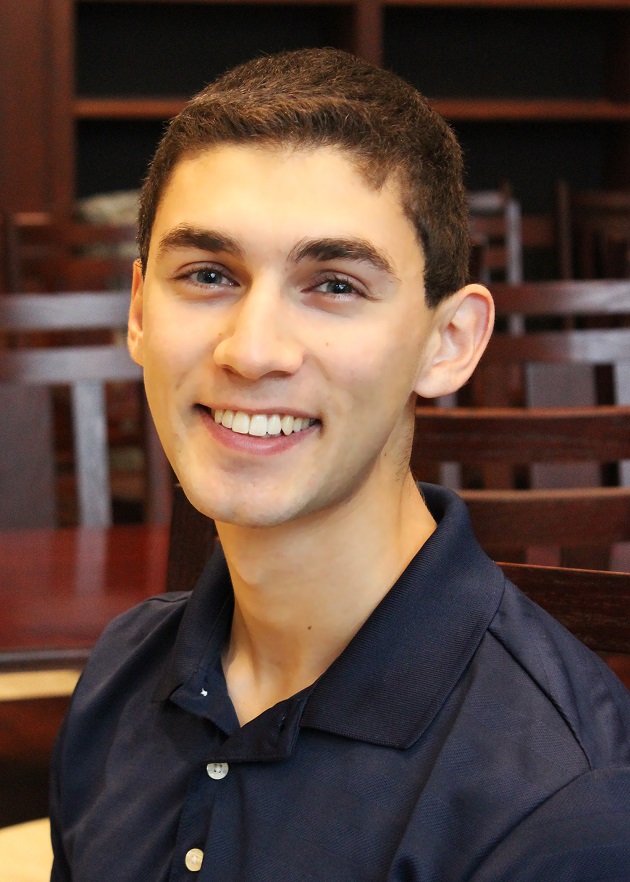
Michael Drakopoulos
- Alumni
- United States
- 2017 MPhil Medical Science at the CIMR
- Churchill College
I believe that the purpose of science is to understand, the purpose of medicine is to cure, and the purpose of engineering is to improve quality of life. I studied biomedical engineering at Purdue University seeking to bring regenerative medicine into widespread clinical practice. My research at the U.S. National Heart, Lung, and Blood Institute convinced me that regenerative blood therapies will be the first sub-field to see widespread clinical translation, and I will study such a therapy during my MPhil at Cambridge. Beyond learning the scientific techniques required for the creation of regenerative blood therapies, I also wish to understand the regulatory, economic, and ethical challenges brought about by the approval of such treatments. At Purdue, my developmental biology research, genetic engineering policy work, and efforts in co-founding a nationally-awarded medical device design team led me to take a broad perspective incorporating pragmatic approaches to therapy development, approval, and adoption. I wish for regenerative treatments to reach all those who need them across the globe, and I intend to identify and work through the barriers to this goal, scientific and otherwise. I am honoured and humbled to join the Gates Cambridge community, and I look forward to working with this incredibly diverse group of individuals united in the goal of leading efforts to improve the lives of others.
Previous Education
Purdue University
Elzbieta Drazkiewicz
- Alumni
- Poland
- 2007 PhD Social Anthropology
- Pembroke College

Elzbieta Drazkiewicz
- Alumni
- Poland
- 2007 PhD Social Anthropology
- Pembroke College
My research, based on my fieldwork in South Sudan and Poland, is concerned with the study of the developmentalists movements, with a special emphasis on the so-called “emerging donors”. I am specifically interested in the role of individual motivations and personal call for development practice. How do private passions, world visions, and sentiments render and translate into the institutionalized and organized world of the international aid system? What drives people and their organizations to work outside their familiar home setting for distant Others?
Previous Education
Warsaw University MA in Ethnology and Cultural Anthropology 2005
Lund University, Sweden MA in Social Anthropology 2003
Justine Drennan
- Alumni
- United States
- 2011 MPhil International Relations
- Selwyn College

Justine Drennan
- Alumni
- United States
- 2011 MPhil International Relations
- Selwyn College
During my year at Cambridge, I researched the growth of eastern Chinese political control in China’s Xinjiang Uyghur Autonomous Region, focusing on the demolition of Kashgar’s Old City.
Derek Driggs
- Alumni
- United States
- 2017 PhD Applied Mathematics
- Downing College
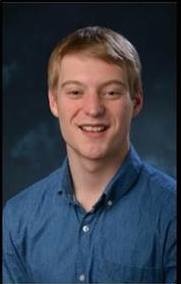
Derek Driggs
- Alumni
- United States
- 2017 PhD Applied Mathematics
- Downing College
After growing up in Golden, Colorado, USA, I completed my Bachelor's and Master's degrees in Applied Mathematics at the University of Colorado Boulder. During my time at CU Boulder, I focused my research on developing algorithmic tools for the analysis of large data sets, especially fMRI brain scans. At Cambridge, my research will involve creating machine-learning algorithms to solve imaging problems. I hope to investigate applications in medical imaging, using intelligent machines to assist medical practitioners in diagnostics.
Previous Education
University of Colorado at Boulder
Sarah Dry
- Alumni
- United States
- 2003 PhD History & Philosophy of Science
- St John's College

Sarah Dry
- Alumni
- United States
- 2003 PhD History & Philosophy of Science
- St John's College
I am currently working as a writer and historian of science. I am working part-time as a researcher on the Leverhulme-funded Making Climate History project based at Cambridge, where I am researching the history of climate science in the period 1965-1988. I am also working on a book on the history of computer models and the quest to save the planet. I am the author of Waters of the World (Chicago/Scribe, 2019), a history of climate science in six lives; and The Newton Papers (OUP, 2014), a history of Newton's private manuscripts. From 2016-2021 I was a trustee of the Science Museum Group. I am currently on the board of The Oxford Trust.
Ludmila Du Bouchet
- Alumni
- France
- 2003 MPhil MPhil International Relations
2004 PhD International Relations - Trinity College

Ludmila Du Bouchet
- Alumni
- France
- 2003 MPhil MPhil International Relations
2004 PhD International Relations - Trinity College
My research seeks to rethink state formation in the non-European world by moving away from the dominant inside/outside analytic divide. State formation is forged out of the mutually constitutive relationships between national and global processes. Using Yemen as a case study, I look at the reconfiguration of the Yemeni state in the context of the US-led 'Global War on Terror'. This research has involved considerable fieldwork in Yemen since 2001.
Kateri DuBay
- Alumni
- United States
- 2002 MPhil Chemistry
- Peterhouse

Kateri DuBay
- Alumni
- United States
- 2002 MPhil Chemistry
- Peterhouse
Rumbidzai Dube
- Alumni
- Zimbabwe
- 2019 PhD Politics and International Studies
- Lucy Cavendish College
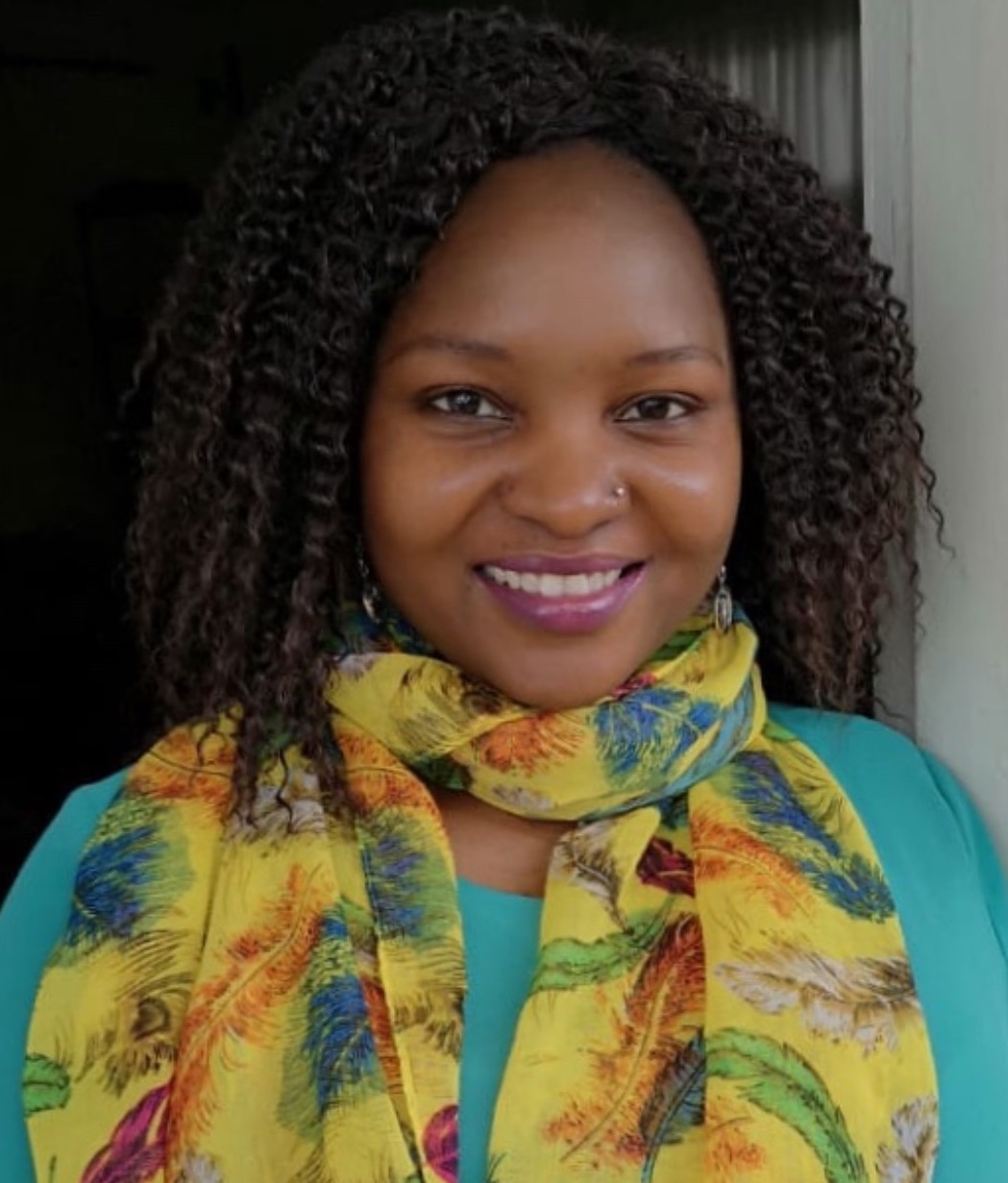
Rumbidzai Dube
- Alumni
- Zimbabwe
- 2019 PhD Politics and International Studies
- Lucy Cavendish College
I am a pan-African feminist lawyer, born and raised in Zimbabwe. My interest in international affairs began at the tender age of 6, nurtured by my mother - a community development worker and my father - an educationist. I studied law at the University of Zimbabwe (LLB) and the University of Pretoria (LLM). Before coming to Cambridge for the MPhil in African Studies, I had over a decade of professional experience working in the development sector in Zimbabwe, South Africa, The Gambia, Ethiopia and Egypt with various NGOs, INGOs and IOs, including the African Union and the United Nations. My experiences stoked a desire to deconstruct the context in which Africa’s challenges persist, in particular how the African Union navigates Africa's positioning within a hierarchical global order. On the PhD in Politics and International Studies at Cambridge, I will interrogate the politics of territoriality within the contemporary regional politics of the African Union. The thesis will explore how historical trajectories of international law shape contemporary realities, by examining how the AU addresses questions of territoriality in maritime governance, the border politics of the continent and international criminal justice.
Previous Education
University of Cambridge African Studies 2019
University of Pretoria International Law 2010
University of Zimbabwe Bachelor of Laws 2007
Ryan DuChanois
- Alumni
- United States
- 2016 MPhil Engineering for Sustainable Development
- Darwin College

Ryan DuChanois
- Alumni
- United States
- 2016 MPhil Engineering for Sustainable Development
- Darwin College
Ryan DuChanois is a Ph.D. Candidate and National Science Foundation Graduate Research Fellow in the Department of Chemical and Environmental Engineering at Yale University under the supervision of Professor Menachem (Meny) Elimelech. Ryan received a B.S. in Civil Engineering from the University of Arkansas summa cum laude and was the top graduate in the College of Engineering. Ryan also was a Gates Cambridge Scholar at the University of Cambridge, where he completed an MPhil in Engineering for Sustainable Development and received the Water Conservators Best Dissertation Prize. Now at Yale, Ryan takes inspiration from biological channels and seeks to develop a synthetic membrane able to selectively remove a single species from water, such as a contaminant or valuable resource.
Previous Education
University of Arkansas
Robert Dudas
- Alumni
- Hungary
- 2001 PhD Psychiatry
- Robinson College

Robert Dudas
- Alumni
- Hungary
- 2001 PhD Psychiatry
- Robinson College
Karen Duffy
- Alumni
- United States
- 2016 PhD Bio Sci @MRC Lab for Molecular Biology
- Churchill College
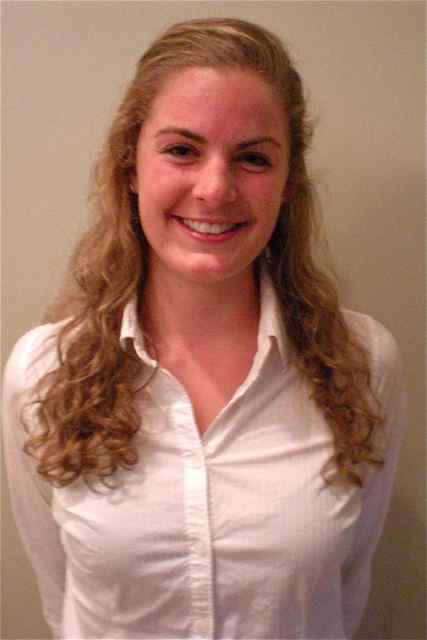
Karen Duffy
- Alumni
- United States
- 2016 PhD Bio Sci @MRC Lab for Molecular Biology
- Churchill College
I grew up just outside Boston and studied biomedical engineering at Cornell University. Since graduating two years ago, I’ve been working in the pharmaceutical/biotech industry, where I’ve experienced firsthand the impact that great scientists can have in the lives of patients. I am exited about the potential of entirely new therapeutic modalities to bring step changes in our ability to prevent, treat, and cure disease. At Cambridge, I will undertake a PhD in molecular biology, where I will expand upon the chemistry of DNA and RNA to develop novel synthetic genetic polymers. Through this chemical diversification, I hope to engineer new biopolymers with advantageous properties for therapeutic applications. I am honored to join the diverse, vibrant, and compassionate Gates community.
Previous Education
Cornell University
Links
Whitney Duim
- Alumni
- United States
- 2005 MPhil Chemistry
- Wolfson College
Whitney Duim
- Alumni
- United States
- 2005 MPhil Chemistry
- Wolfson College
I am thrilled to be studying at Cambridge this year. I will be conducting research in the laboratory of Dr. Stuart Clarke in colloid and interface science. At Cambridge I look forward to gaining an international perspective on my study of chemistry and meeting students from around the world. After obtaining a chemistry MPhil from Cambridge I will attend Stanford University to earn a PhD in chemistry. In the future I hope to become a professor as I love to research and teach.
Elizabeth Duncan
- Alumni
- Canada
- 2019 MPhil English Studies
- Lucy Cavendish College
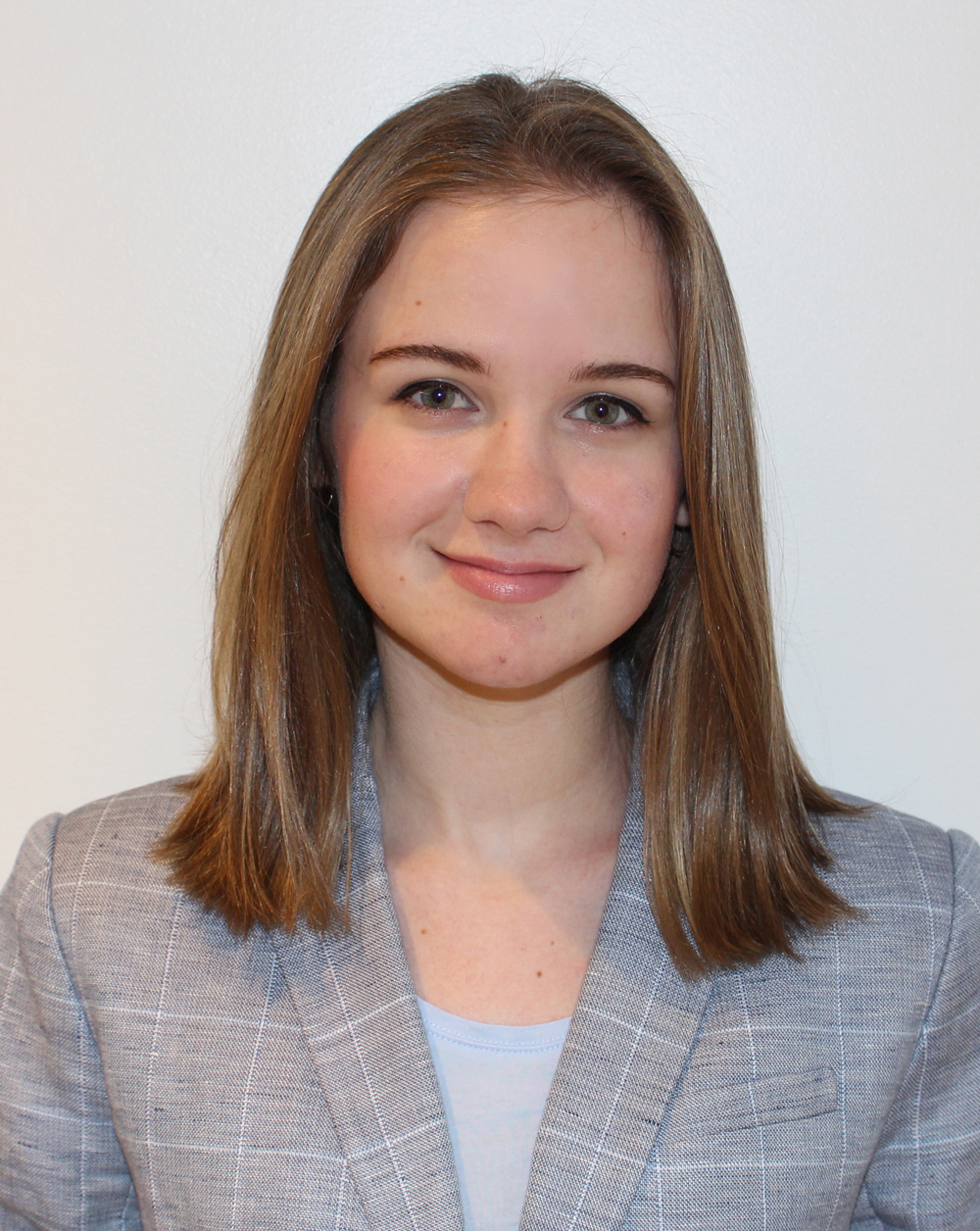
Elizabeth Duncan
- Alumni
- Canada
- 2019 MPhil English Studies
- Lucy Cavendish College
I grew up in British Columbia, Canada and completed my BA in History & Literature at Harvard University, graduating magna cum laude with highest honors in 2019. During my time as a Gates Scholar I received an MPhil in English in Eighteenth-Century and Romantic Studies. My research at Cambridge focused on conceptions of gender relations in English imaginative literature of the 1720's-30's. I am now studying for a J.D. degree at Harvard Law School and hope to pursue a legal career specializing in entertainment, media, and the arts.
Previous Education
Harvard University History & Literature 2019
John Dunford
- Alumni
- Ireland
- 2021 MPhil Innovation, Strategy and Organisation
- King's College
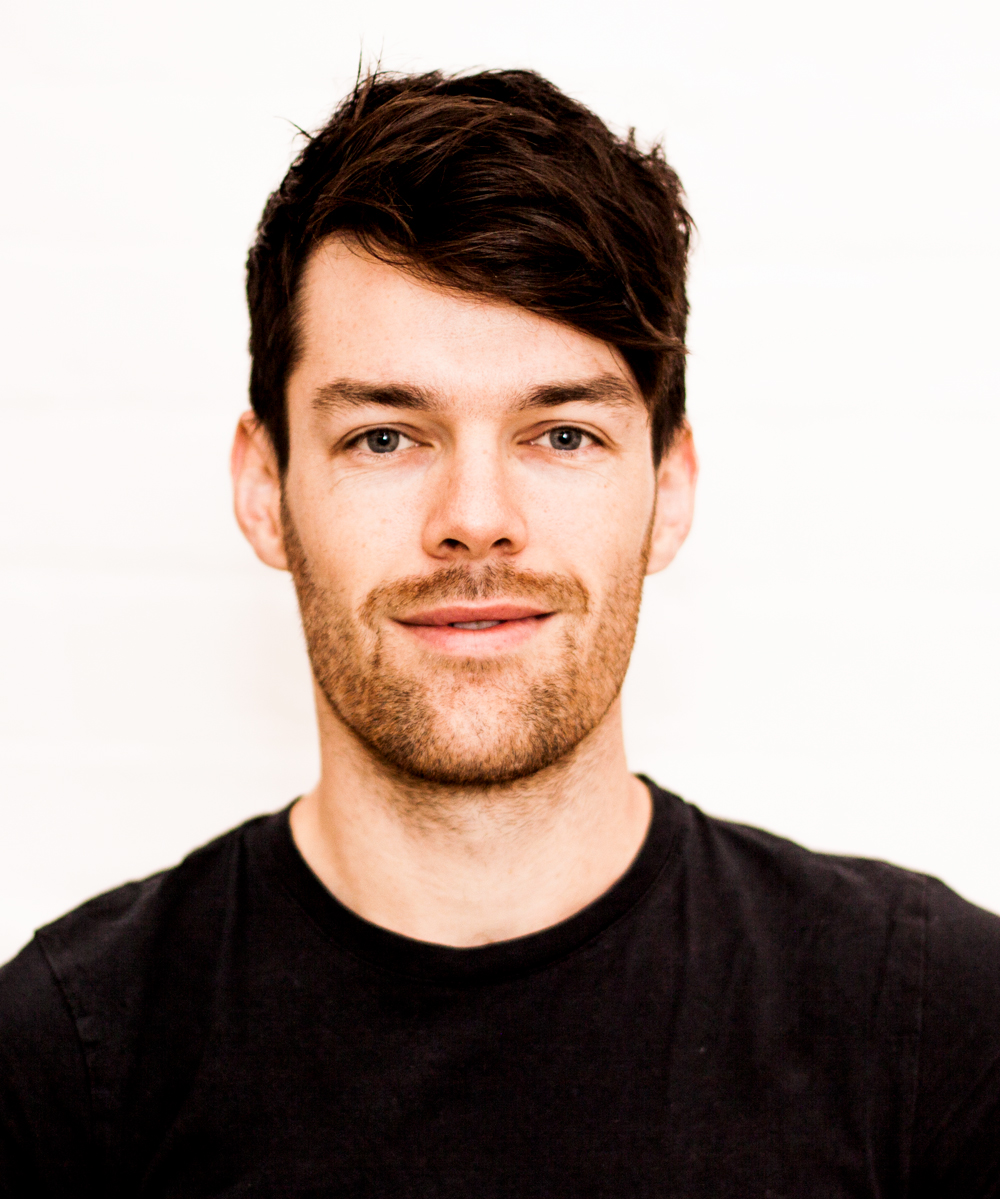
John Dunford
- Alumni
- Ireland
- 2021 MPhil Innovation, Strategy and Organisation
- King's College
With a greater understanding of how new ideas are generated and social innovations operate we can respond to the biggest challenges of our times in more supportive and positive ways. Since completing a BA in International Relations at Dublin City University and an MSc in Nature, Society and Environmental Policy at the University of Oxford, I have worked to create impact in the third sector. With Greenpeace, Oxfam International, The Syria Campaign and then as CEO of The Developer Society, a nonprofit cooperative delivering tech for good projects, I have had the chance to support hundreds of leading charities and NGOs to use technology to deliver on their missions. I have seen first hand how the power of innovation can drive immense change. At the Cambridge Judge Business School, my PhD research will build on the work of my MPhil exploring the conception of risk in nonprofit and humanitarian projects using emerging technologies. It is my belief that using innovation and organisational theory to generate knowledge in this area will help create more effective and impactful support for vulnerable people around the world. I am honoured to be a part of the Gates Cambridge community.
Previous Education
University of Cambridge ISO 2023
University of Oxford NSEP 2013
Dublin City University International Relations 2010
Ethan Dutcher
- Alumni
- Australia
- 2018 PhD Psychology
- Pembroke College
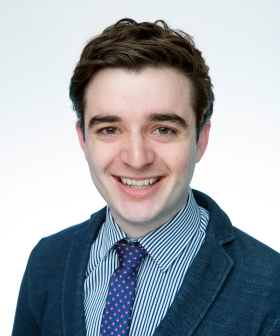
Ethan Dutcher
- Alumni
- Australia
- 2018 PhD Psychology
- Pembroke College
Early in my medical training, I was struck by the fact that across my lifetime we may finally come to know the mechanisms causing and perpetuating psychiatric disorders with some clarity, and that with this will come a profound shift in the way these disorders are viewed by the public and managed by medical professionals. I have found the lure of contributing to this transformation in some small way irresistible. At Cambridge, I will use diverse methods to study the long-term effects of early-life stress on behavior, the brain, and the immune system. With the help of the Gates Cambridge Scholarship, I am looking forward to a career in which I can help on a daily basis to translate the latest research findings directly into better psychiatric care, both for my patients and more broadly.
Previous Education
University of Adelaide
Nisita Dutta
- Scholar
- United States
- 2022 PhD Chemistry
- St Catharine's College
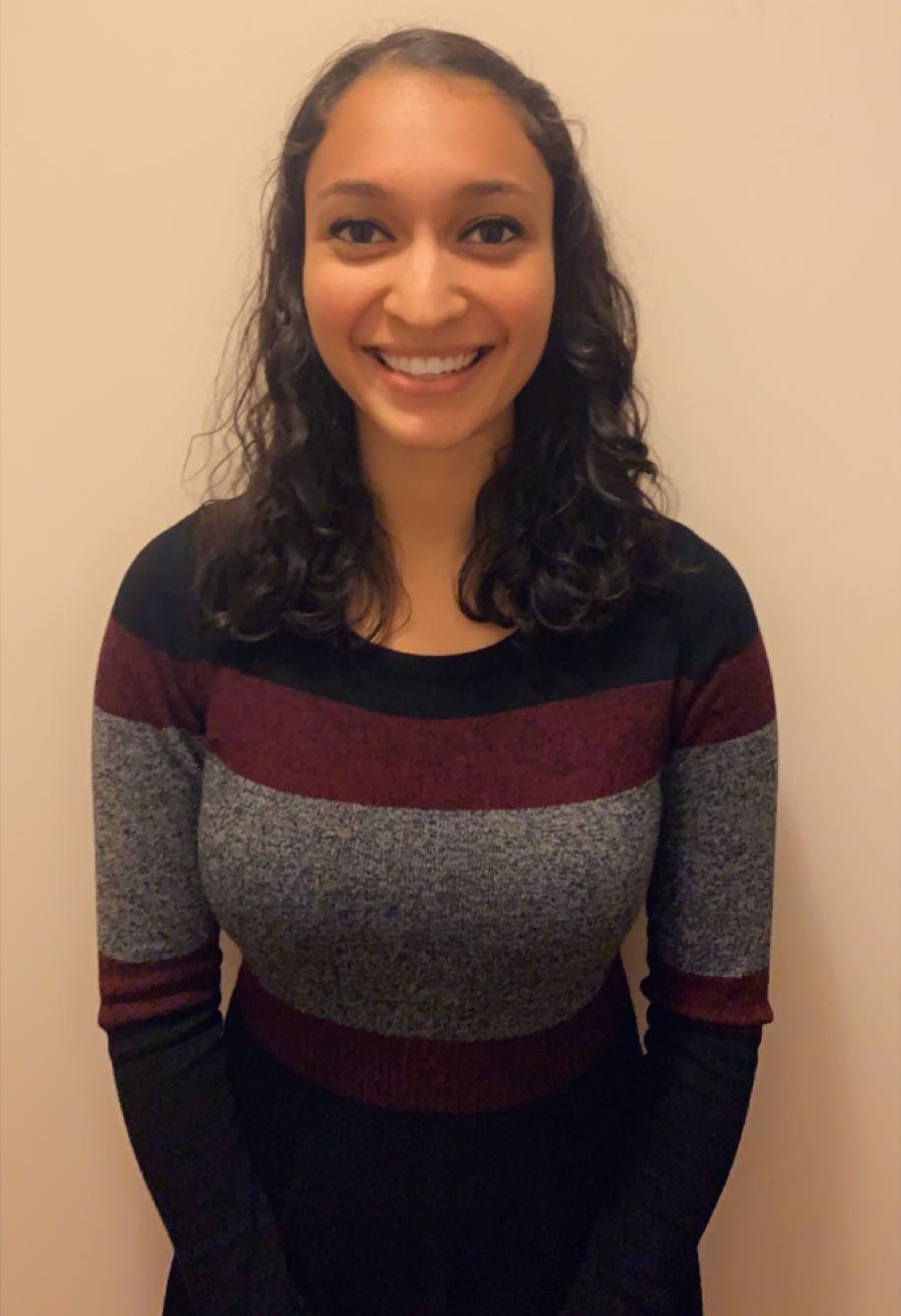
Nisita Dutta
- Scholar
- United States
- 2022 PhD Chemistry
- St Catharine's College
When a close family member of mine was diagnosed with breast cancer, I was consumed with fear and concern. As I went through my undergraduate years at Johns Hopkins University (JHU), I started to channel those feelings into the chemistry, biology, and mathematics I had become so familiar with. Through my Chemical and Biomolecular Engineering (ChemBE) degree, I realized I could use the skills I learned to combine my passions in research, engineering, and medicine to design effective chemotherapy delivery methods that can help alleviate cancer patients’ pain. After receiving a master’s degree in ChemBE at JHU, I started medical school at the University of Maryland Medical Scientist Training Program where I continued to expand my interests in not only patient care, but in teaching, mentoring, and medical education as well. For my PhD, I will be working to create novel nanobody-drug conjugates to treat pancreatic cancer in an international collaboration between the Cambridge Department of Chemistry and the National Institutes of Health. I am honored to have been selected as a Gates-Cambridge Scholar and look forward to the support from this multidisciplinary network to help accomplish my goals.
Previous Education
University of Maryland System Medicine 2028
Johns Hopkins University Chemical and Biomolecular Eng 2020
Johns Hopkins University Chemical and Biomolecular Eng 2019








